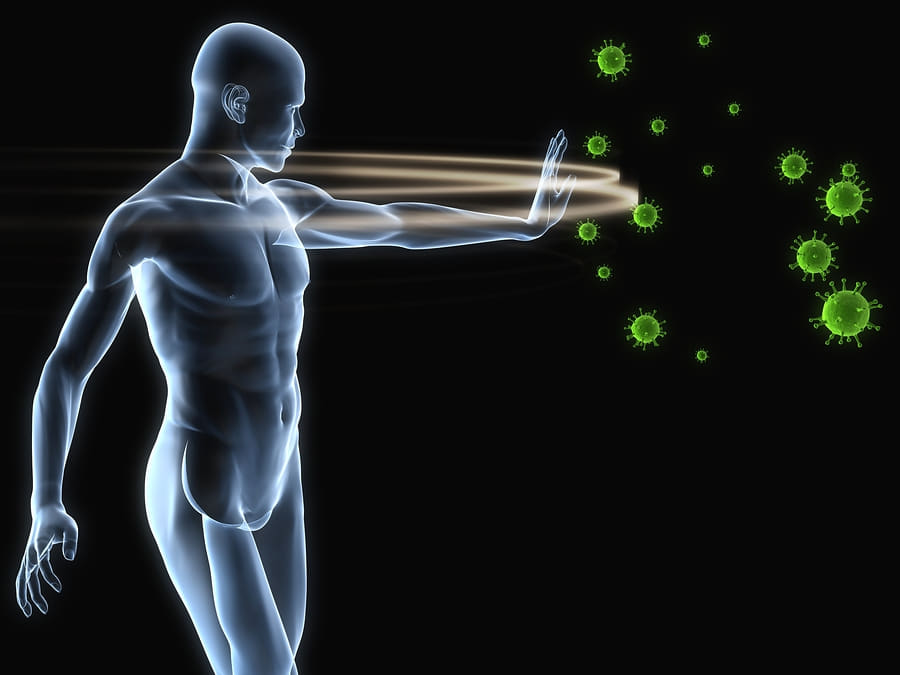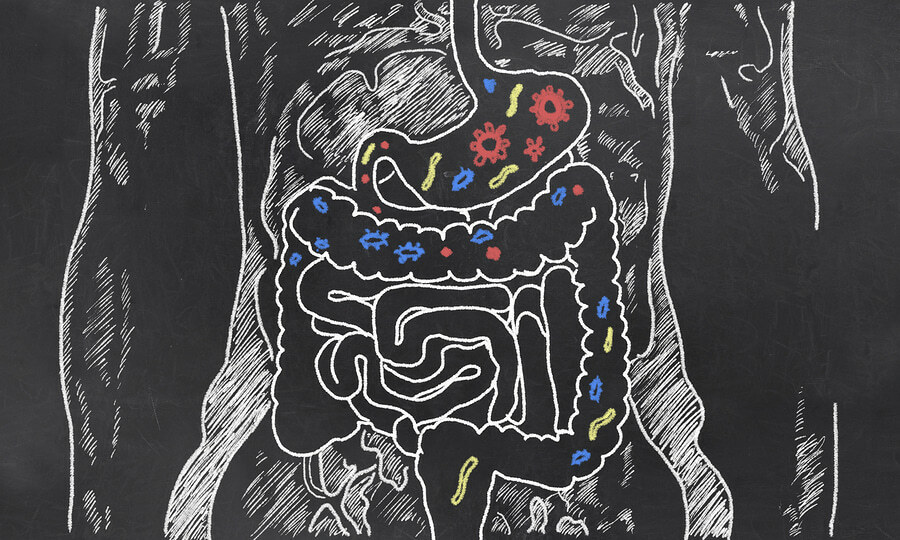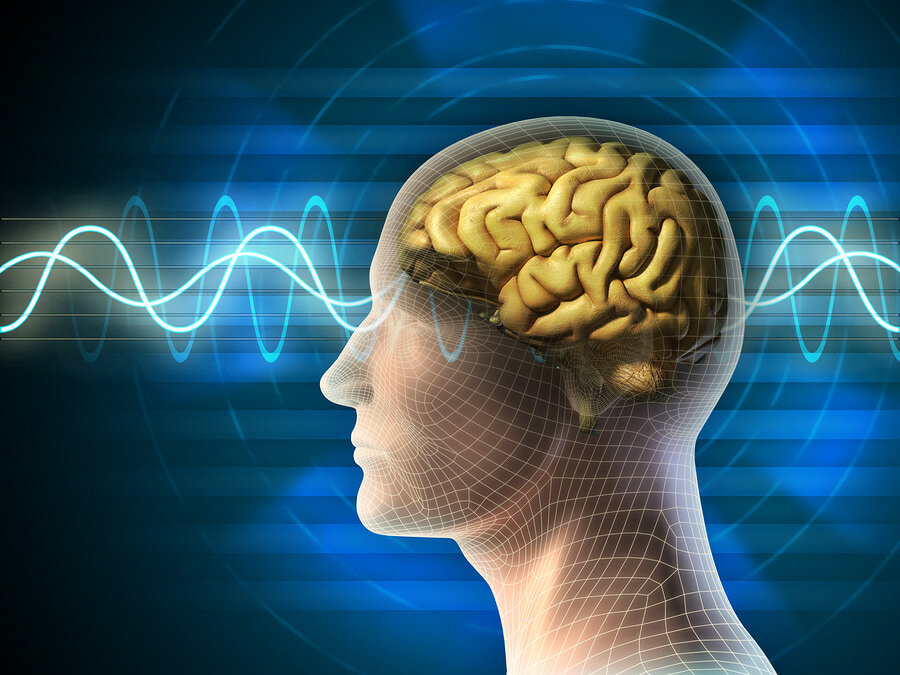SAD or winter depression is a change in mood brought on by the change in season. As the season changes to Fall the days get shorter, the weather gets cooler and to top it off we have less exposure to sunlight. All of this is a recipe for a case of the winter blues or sub-syndromal SAD which many of us experience. The winter blues is very mild and not true SAD. However, for about 1.5 million Canadians the change in season brings about major clinical depression and for another 4.5 million Canadians it brings a mild depression. For those Canadians it is much more than the blues as they experience severe debilitating symptoms starting as soon as the fall and progressing in the winter months.
The symptoms of SAD:
- Tired – excessive fatigue
- Difficulty concentrating
- Depressed
- Irritable
- Suicidal
- Overeating
- Oversleeping
- Weight gain
- Lose interest in in social interactions
WHY so SAD?
Sunlight is crucial to our health. Two very important HORMONES are affected by the lack of sunlight. The mood hormone -Serotonin (hormone and neurotransmitter) and the sleep hormone – Melatonin, both rise and fall with light and darkness. Both hormones have a rhythm to stave off depression.
My treatment goal with SAD is:
- regulate the bodies rhythm and
- minimize the depressive symptoms
Treatment can start as early as summer or fall as a preventative measure. This will result in symptoms of depression lessening dramatically.
Here are a six (6) key reasons you maybe experiencing SAD and the strategies that work
1. Low VITAMIN D: The first thing I would check is your Vitamin D levels.
Researchers say 40-75% of the world’s population is Vitamin D deficient. Vitamin D deficiency is very common and with few exceptions, all Canadians are deficient in winter. We have less daylight in winter and because it is cold outside we are not keen on being outside for longer than 30 minutes. Can you blame us?
According to Grassroots Health (leader in Vitamin D research) Vitamin D is actually a hormone that affects over 3000 cell processes within your body. Without enough vitamin D circulating regularly in your blood, your body simply does not function as it was intended (ridding the body of intruders, fighting disease, repairing cells)
Studies have shown Vitamin D deficiency linked to depression. They looked at 80 elderly individuals and found that those who had low Vitamin D levels were 11 times more likely to be depressed than those who had optimal levels of vitamin D.
The connection for Vitamin D and depression is possibly due to the link between Depression-Inflammation. How this works is that chronic inflammation in your body disrupts the normal functioning of many bodily systems, and can wreak havoc on your brain and possibly cause depressive symptoms.
2. Lack of EXERCISE: Get outdoors as much as possible whenever the sun is out. Why?
Exercise is the most powerful strategy available to treat depression and improve mood. It boost mood by increasing the happy neurotransmitters and normalizing insulin levels. In fact, getting 30 minutes a day of exercise has been shown to be just as effective as medication for improving mood without the side effects. It works because it increases the happy brain chemicals, increases energy, encourages better sleep and gives you an outlet to cope with stress.
3. Poor SLEEP – For many of us great sleep has always been elusive.
The one where you hit the pillow at 10pm don’t even remember falling asleep and wake up at 6am bright eyed and bushy tail ready to take on the day. There are many issues that can contribute to a poor sleep. Going to bed late; Trouble falling asleep; Tossing and turning and/or waking up several times through out the night; Sleeping through the night but still wakes tired. If this is you then addressing insomnia or unrestful sleep has to be an important strategy. The link between depression and sleep has long been established. Studies have showed that most depressed patients who resolve their insomnia will have major improvements in their depression.
4. Poor GUT HEALTH – The gut is your second brain for a reason. It makes 75% of the body’s happy chemicals which means it overwhelmingly dictates your mood.
There has been many studies linking gut inflammation to depression. Those with gut inflammation eg IBS, IBD – are often also depressed. Modern diets may predispose individuals to many nutrient deficiencies because it is often high in sugar and lack omega 3, fermented foods and other key nutrients essential for proper gut function. By optimizing gut health the symptoms of depression are more likely to be reduced.
5. Low OMEGA 3 – Omega 3 is hands down in my top 3 favourite supplement. Every cell in your body is made from fat.
Which means every process and function in your body is influenced by the type of fat that is there. A major Canadian study found that Omega-3 fatty acid supplements significantly reduced symptoms of major depressive episodes (MDEs) compared with those taking placebo. Many studies have compared the effects of antidepressant and fish oil for treating depression and the omega 3 have better outcomes.
6. Not enough daylight – Use LIGHT THERAPY – Using a SAD lamp is probably one of the most significant act you can do to improve your SAD.
Not getting enough day light in fall summer months will disrupt your circadian rhythm and light therapy will correct this. A study investigating the use of light therapy compared to Prozac for SAD showed 50% improvement in 29% of those on Prozac only and 50% in the light therapy only group. Remission was achieved by just over 19% in the Prozac only group and 44% in the light therapy only group.
With these strategies you should feel reassured that SAD is treatable whether it is mild or severe. If you have SAD give us at SMRT a call and we will test your vitamin D levels and determine which of these treatments are the best fit for you.
The benefits of high intensity exercise for depressive symptoms. (J of Gerontology, vol 60, 2005).
Exploring the potential role for Omega 3 fatty acids in mood disorders Freeman (J.Clin.Psych.2006;67:1954-67) and Parker (Am J.Psych 2006;163:969-978)
A comparison of the therapeutic effects of Omega 3 and fluoxetine (Prozac). Australian and NZ Journal of Psychiatry (2008;42,192-8).
Role of gastrointestinal inflammations in the development and treatment of depression].2011 Sep 11;152(37):1477-85. doi: 10.1556/OH.2011.29166. Kovács I, Balacco Gabrieli C.








